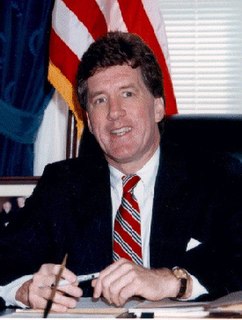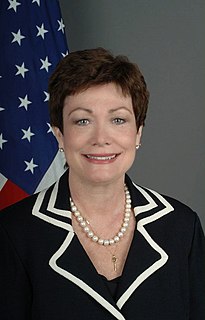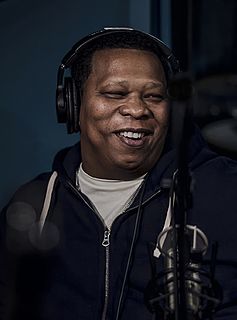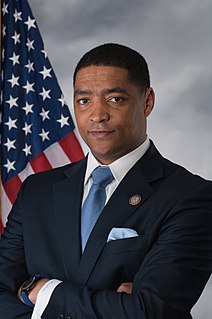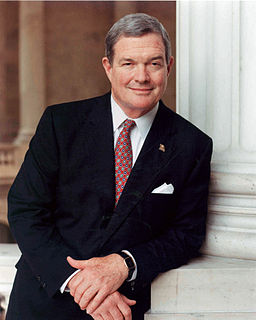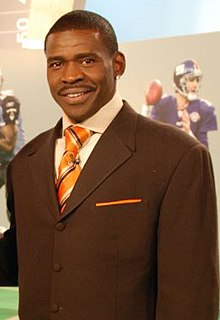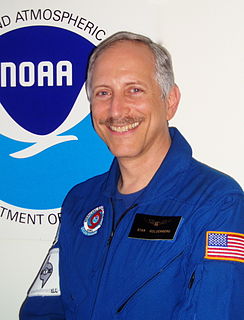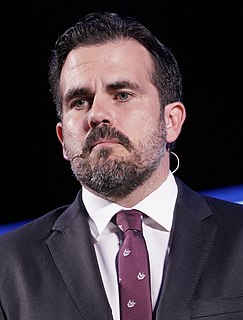A Quote by Nina Easton
Events like Hurricane Katrina and the Minnesota bridge collapse suggest a national infrastructure that has suffered from lack of tending.
Related Quotes
After a disaster such as Hurricane Katrina, the federal government has a profound obligation to help those in need, .. Right now, the victims of Hurricane Katrina need our help. Entire communities have been destroyed. Families have been torn apart. Many are still missing. Tens of thousands remain homeless. As the recovery proceeds, we in the Senate pledge to do everything in our power to help rebuild the shattered lives across the Gulf Coast.


